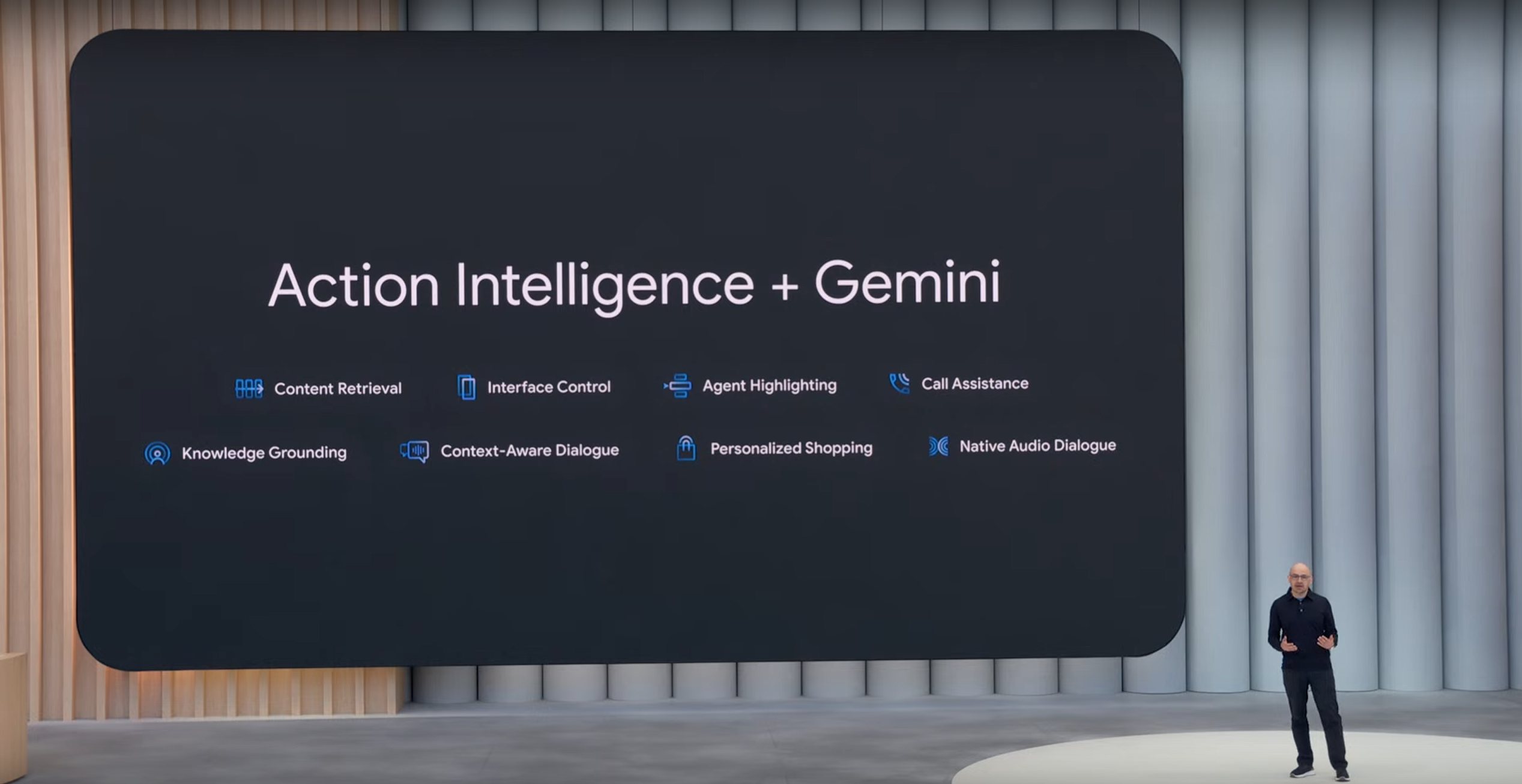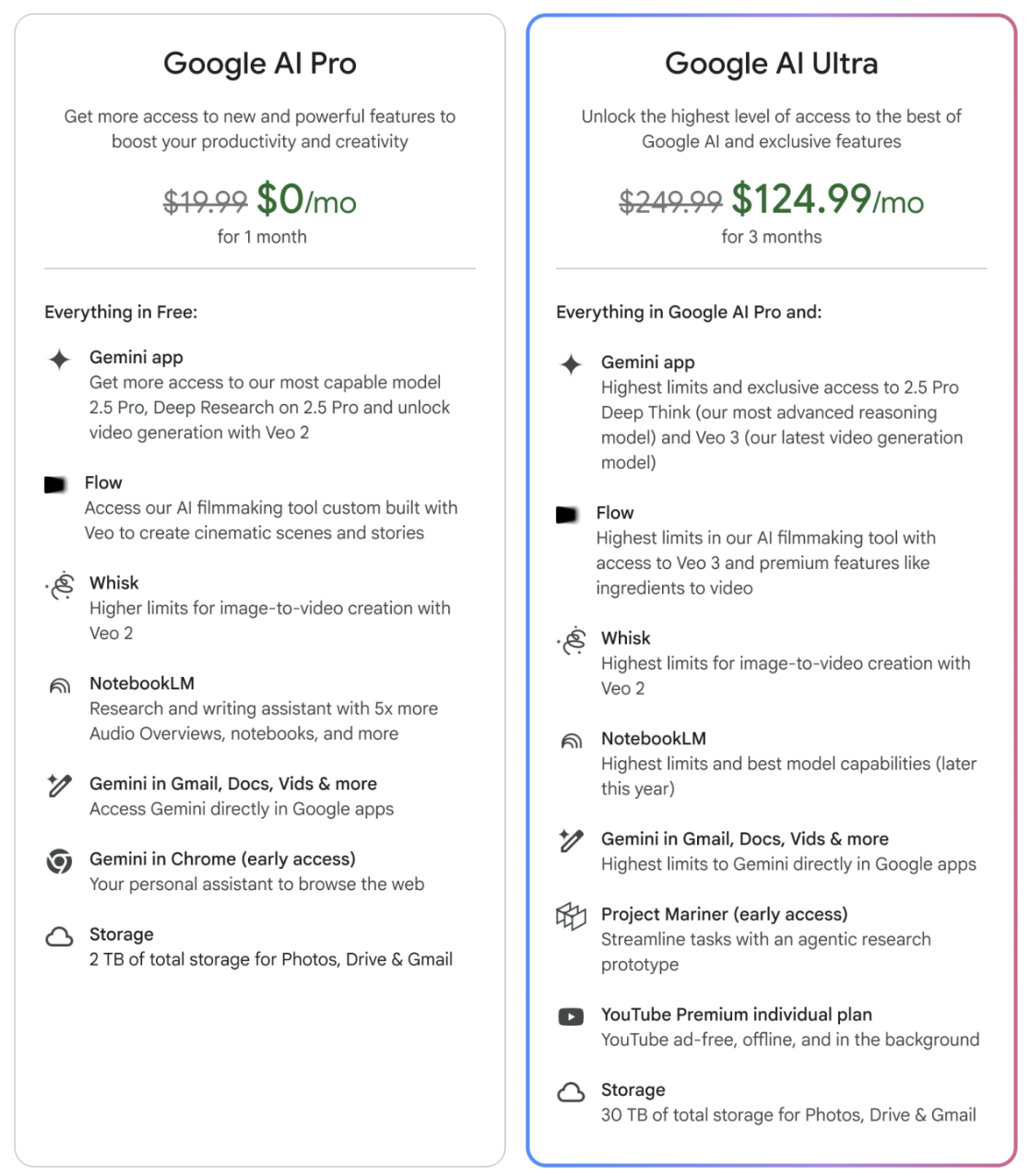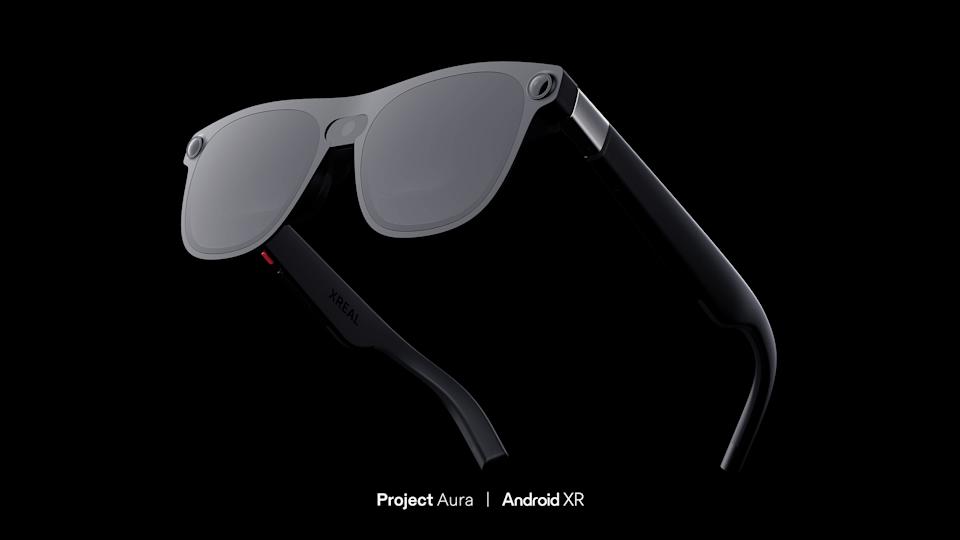"Google AI/O?" The Internet reacts to Google I/O 2025
From $250 AI subscriptions to futuristic glasses and search that talks back, here’s what people are saying about Tuesday's Google I/O.

Sign up to receive The Snapshot, a free special dispatch from Laptop Mag, in your inbox.
You are now subscribed
Your newsletter sign-up was successful
Google I/O 2025 just wrapped, and there’s a clear takeaway: AI isn’t just a tool anymore; it’s the platform, and it dominated the event. The company flooded the keynote stage with Gemini news, hardware teases, and controversial subscription tiers. Some fans love ambition. Others? Not so much.
Gemini gets smarter, faster, and harder to ignore
Google’s Gemini 1.5 Pro is now the brain behind your Android, Workspace apps, and a range of creative tools. It powers Gemini Flash (a faster, cheaper AI model), brings real-time smarts to your camera and voice assistant, and even appears in a redesigned AI-powered search.
DeepMind CEO Demis Hassabis said the goal is an AI assistant that’s “personal, proactive, and powerful.” Tech investor Gene Munster called the event “a big deal,” arguing Google has no choice but to prove it’s “willing to take bold, outside-the-box steps to stay relevant”.
But alongside the hype exists legitimate worries about the pace at which Gemini is seemingly being shoehorned into Google’s products. One analyst recently raised concerns about how Google’s AI overviews are “often so confidently wrong” that they’ve lost all trust in them.
Others have questioned whether users fully understand how much of their data is being fed back into training loops without always making that exchange transparent.
A $249.99 Ultra subscription
You read that right. $249.99. One of the most notable announcements of the I/O event was the introduction of a new “AI Ultra” subscription plan.
Those who sign up will receive the “highest level of access” to Google’s fastest Gemini model, ad-free YouTube, and tools like Veo 3, the new Flow video editing app, and a new AI capability called Gemini 2.5 Pro Deep Think, which is yet to launch.
Sign up to receive The Snapshot, a free special dispatch from Laptop Mag, in your inbox.
Ultra is “for people that want to be on the absolute cutting edge of AI from Google,” Josh Woodward, VP of Google Labs and Gemini, said during a press briefing.
The reaction has been mixed at best.
One redditor points out that for enterprise users, the price is “not bad," adding that “[I] can see companies buying subscriptions for their workers.” Meanwhile, another user said, “Still doesn't get you API access, right? So I don't understand the point of these very expensive subscriptions…”

Search is changing, but for the better?
AI Overviews were just the beginning of Google’s bid to create the next-gen search engine. We’re all pretty used to them by now, and whether you love or loathe them, it’s clear that they’re here to stay. Google says that these AI-generated search results have become “one of the most successful launches in search in the past decade.” That's debatable.
The company caught heat last year after these Gemini-powered AI search features offered some incorrect and downright bizarre answers, such as suggesting that people eat “one small rock a day."
Talking to reporters before the 2025 I/O event, VP of search Liz Reid acknowledged last year's issues and described them as "edge cases and quite rare."
Now, Google is doubling down with the launch of an “AI Mode” chatbot. “It’s a total reimagining of search,” said Google chief Sundar Pichai in a press briefing ahead of I/O. The company says the new feature will make interacting with its search engine more like having a conversation with an expert capable of answering a wide range of questions.
Google has already launched AI mode in the US two and a half months after the company began testing it. One user, however, took to X.com to express his frustrations after attempting to use the new feature for the first time:
First search with Google AI Mode: - "google ai ultra"- None of the links get me to Google's page about it- Follow up: "I want the source from google's site directly please"- Google's response: "Unfortunately, there is no single, official Google webpage that comprehensively… pic.twitter.com/EG0mEw1glMMay 20, 2025
A glimpse into the future with Android XR
In terms of hardware, Google showed off Android XR and teased next-gen smart glasses powered by Gemini and Project Astra, a real-time multimodal agent that can “see, hear, and talk” in context.
It felt like a moonshot moment, but some readers may be skeptical with Google Glass still fresh in collective memory.

While we’re going to have to wait for more information on Google’s own Android XR headset, they did show off its capabilities with a live translation using a smart glasses prototype.
That’s a genuinely useful application that would pair nicely with many of the accessibility-related AI applications we’re seeing more of.
AI fatigue sets in
While Google I/O 2025 delivered no shortage of cutting-edge announcements, a growing portion of the audience seems weary of the relentless focus on AI. X.com feeds and comment sections filled up with users expressing a sense of déjà vu.
Meanwhile, users on the r/Google and r/Android subreddits said, "Take a drink every time they say 'AI'" and "It's gonna be like this every year from now on isn't it? Tuning in for Android only to get a boatload of AI talk."
One user summed the general sentiment up perfectly: "Serious question, are they going to talk about something else than AI?"
While many are impressed by what Google’s AI tools can do, some are simply exhausted by the scale and speed of the shift. The feeling isn’t rejection, it’s saturation.
More from Laptop Mag

Luke is a freelance writer and journalist. Although his background is in legal, he has a personal interest in all things tech, especially hardware and microelectronics, and anything regulatory. Aside from Laptop, he contributes to publications including All About Circuits and EE Power.
